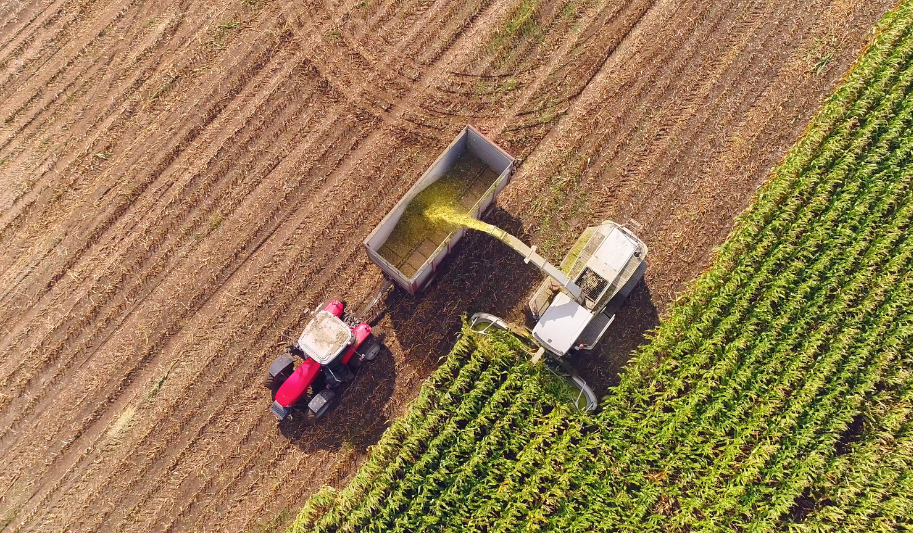
Large-scale farming in Nairobi, Kenya
The Sustainable Smart Farming Initiative is a comprehensive project aimed at revolutionizing agricultural practices on a 37-acre farm located 70 km from Nairobi. This project leverages cutting-edge technologies such as IoT, AI, and precision agriculture to optimize resource use, increase crop yields, and minimize environmental impact.
Key Modern Approaches:
- Precision Agriculture:
- IoT Sensors: Deployed across the farm to monitor soil health, moisture levels, and weather conditions in real-time. These sensors enable precise irrigation and fertilization, ensuring optimal plant growth and resource use.
- GPS-Guided Machinery: Tractors and harvesters equipped with GPS technology ensure accurate planting, cultivation, and harvesting, reducing overlaps and gaps, and maximizing land use.
- Data Analytics and AI:
- Machine Learning Algorithms: Analyze data collected from sensors and drones to provide predictive insights on crop health, pest infestations, and weather patterns. This proactive approach allows for timely interventions and informed decision-making.
- Farm Management Software: Integrates all data streams into a unified platform, providing a comprehensive overview of farm operations, resource use, and productivity metrics.
- Automation and Robotics:
- Autonomous Machinery: Self-driving tractors, planters, and harvesters automate repetitive tasks, increasing efficiency and reducing labor costs.
- Robotic Systems: Deployed for tasks like planting, weeding, and harvesting, ensuring precision and consistency while minimizing physical strain on human workers.
- Sustainable Practices:
- Renewable Energy: Solar panels and wind turbines installed to power farm operations, reducing reliance on fossil fuels and lowering carbon emissions.
- Organic Farming Techniques: Implementation of crop rotation, cover cropping, and organic pest control methods to maintain soil health and biodiversity.
- Water Conservation: Advanced irrigation systems like drip irrigation and rainwater harvesting ensure efficient water use and reduce wastage.
- Smart Greenhouses:
- Climate Control Systems: Automated systems regulate temperature, humidity, and light inside greenhouses, creating optimal growing conditions year-round.
- Hydroponics and Aquaponics: Soil-less farming techniques that use nutrient-rich water solutions to grow crops faster and with less water compared to traditional methods.
- Community Engagement and Education:
- Training Programs: Workshops and training sessions for local farmers and workers on modern farming techniques and sustainable practices.
- Collaborative Research: Partnerships with agricultural research institutions to develop and test new technologies and methods, ensuring continuous innovation.

